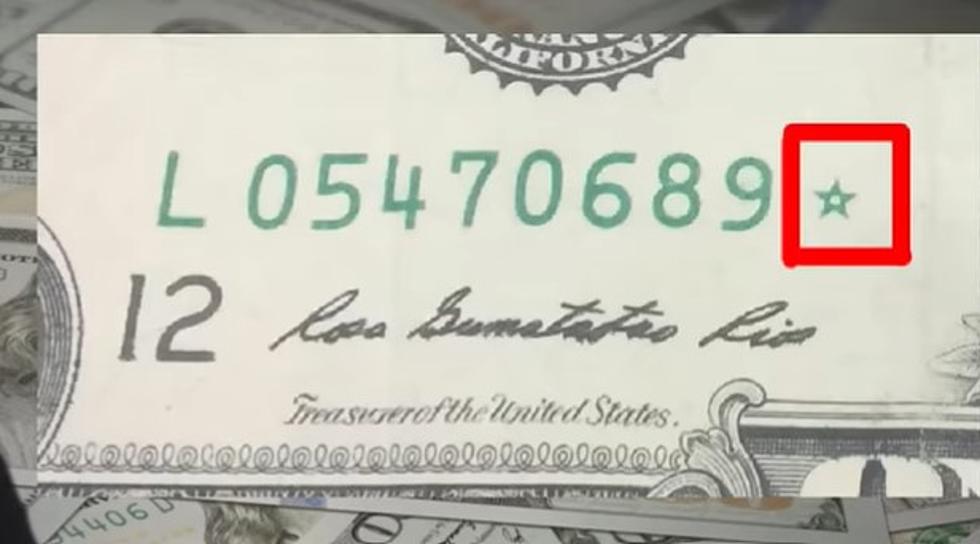
107 Jamz Celebrates Black History Month- Today In History
As Black History Month comes to a close. It wouldn't be complete without recognizing another legendary black inventor. America's first self-made woman millionaire, Madame C. J. Walker.
Mme. Walker, made a fortune selling beauty products for black women. Way back in the day, Mme Walker developed Vegetable Shampoo, Wonderful Hair Grower, Vanishing Cream, and other beauty products for black women. Like most beauty products of the time, which promoted white standards of beauty, Mme. Walker's products and treatments promised fairer complexions and straighter hair. Mme. Walker's great-great granddaughter, A'Lelia Bundles
said "At the time, there was a tremendous amount of pressure [on black people] to be 'acceptable."
Mme. Walker was born Sarah Breedlove here in Louisiana on a cotton plantation in 1867. Ironically, just two years after the abolition of slavery. As a child, she worked alongside her parents, who were sharecroppers. Sadly her happy childhood was cut short and she was orphaned when she was seven. Determined to provide an easier life for her own daughter, she took in laundry. All the while searching for a better way to make a living.
One night, she later recounted, "God answered my prayer. In a dream, a big black man appeared to me and told me what to mix up for my hair. I made up my mind I would begin to sell it." The rest as they say is history. Literally!
She never forgot where she came from. She funded scholarships for black students, helped support young writers, donated thousands of dollars to Booker T. Washington's Tuskegee Institute in Alabama, gave money to Marcus Garvey's Universal Negro Improvement Association, and even lobbied politicians for civil rights. In 1917, she proudly led a group of women to Washington, D.C., to protest President Woodrow Wilson's segregation of the military.
That same year, she stunned upper class white folk, when she build an opulent, 34-room mansion on the banks of the Hudson River. The neighbors were worried. They hated the that Madame, C. J. Walker was a black woman living in their neighborhood.
The upper crust whites made such a stink of their new neighbor, the news, made the news! "One of the race," a newspaper reported, "is invading the domains of New York's aristocracy." And according to "The New York Times," one neighbor exclaimed, "No woman of her race could own such a place. Does she really intend to live there?"
She sure did! Mme. Walker was unfazed by all the hoopla and from her mansion, she planned to continue her mission to inspire black culture and business. And revolutionized the Harlem Renaissance. With her support, thousands of working-class black women would become economically self-sufficient.
Speaking of which, Mme. Walker also offered black women a rare opportunity to get ahead. Graduates of the Walker College of Hair Culture were trained to style hair, sell Walker products, even open their own beauty salons. Walker famously said "I am not satisfied in making money for myself, I endeavor to provide employment for hundreds of the women of my race."
She did just that too, by 1916, Walker employed 20,000 agents throughout the country. One Walker College Grad said of Mme. Walker, "You have opened up a trade for hundreds of colored women to make an honest and profitable living, they make as much in one week as a month's salary would bring from any other position they could secure."
When Walker died in 1919, her daughter A'Lelia stepped up and took over the business. When she died, more than 10,000 mourners paid their respects. The Reverend Adam Clayton Powell Sr. delivered a sermon. A mourner read a letter written by Langston Hughes which stated "To A'Lelia, this tribute is not only a farewell for A'Lelia, but a celebration of two mythic women who had styled the creative and economic accomplishments of the Harlem Renaissance."
TODAY IN HISTORY:
More From 107 JAMZ








